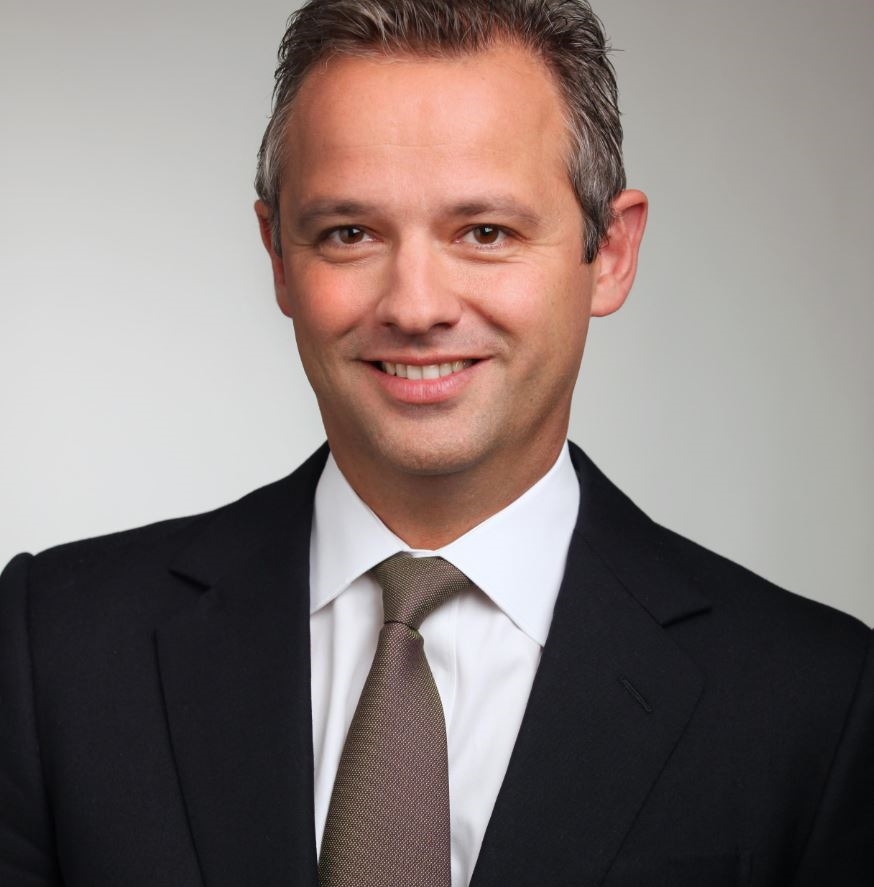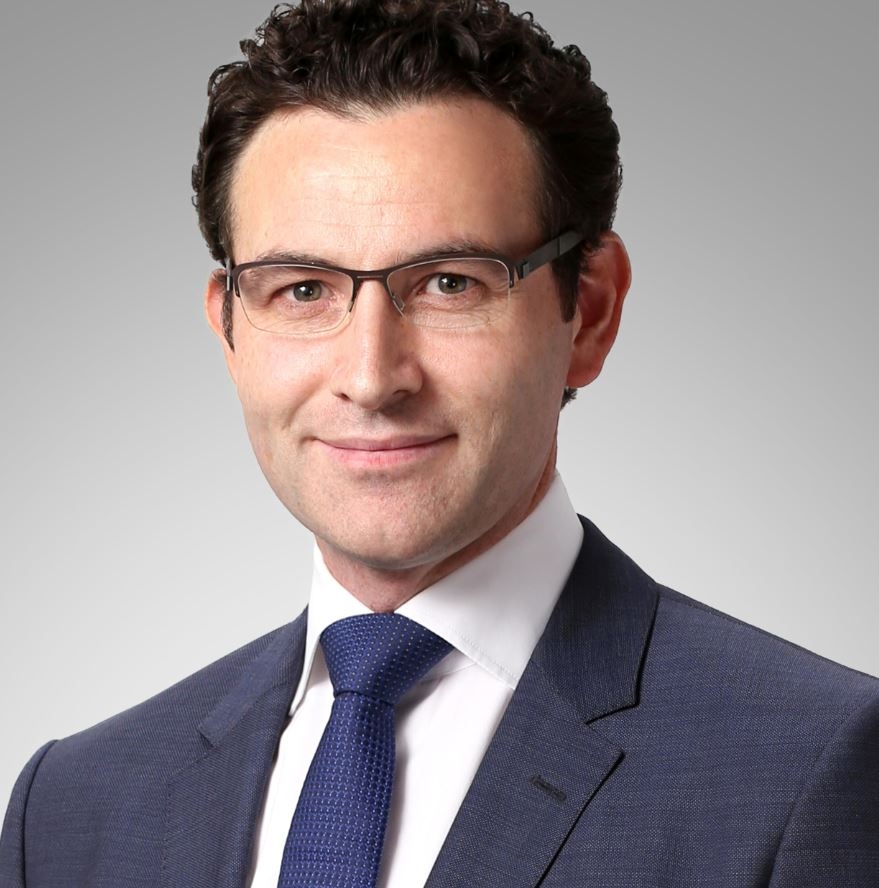The Herbert Smith Freehills Interview
2020 was a good year for Herbert Smith Freehills (HSF), capping it off by winning IJGlobal Legal Adviser of the Year for Europe having worked on a swathe of deals to be singled out for awards in their respective sectors and regions.
At the European judging session, the independent panel of industry experts lauded the international law firm for having brought to financial close in the 2020 calendar year an “impressive, diversified portfolio of successful deals”.
Another judge went on to say: “HSF stood out in a very competitive category as a firm with a great variety of transactions, multiple sectors and geographies. The firm’s submission clearly set out key challenges and how it worked with clients to resolve those to deliver successful projects.”
The praise kept rolling in with yet another judge adding: “Herbert Smith Freehills had a strong year and some interesting deals which made it a winner.” The judge continued: “There was a good mix of traditional infra and transition, which included working on the BP Equinor deal – a key strategic step for BP – and an interesting interconnector.”

(This interview first appeared in IJGlobal Magazine, to access click here...)
Gavin Williams (pictured right), global co-head of infrastructure at HSF, says: “2020 was a phenomenally busy year for us across infrastructure and energy. Teams involved in digital infrastructure – particularly fibre, data centres and towers – across the continent have been super busy.
“Renewables was also relentlessly busy throughout the year. Sarah Pollock and Silke Goldberg were involved in BP’s first foray into offshore wind in the US with Equinor. While this was a US deal, the deal was negotiated entirely in Europe.”
He adds: “With Net Zero all of a sudden coming front-and-centre – having been on the fringes of people’s investment strategies for years – the demand now for clean power is phenomenal.”
Lewis McDonald, global head of energy at HSF, agrees: “The trends around the move to Net Zero have been looming for many years. If you think back, the Paris Agreement was inked in 2015 and it has taken time for that to settle in and be incorporated into national policy and legislation.
“In 2020, with the pandemic, slump in oil prices and corporates starting to respond to governments’ movement towards Net Zero – you’re starting to see the real acceptance of this as the new norm.
“Take, for example, the larger integrated energy companies. They have accepted this new reality and put it at the top level of their company strategies, incorporating it into their visions as to what sort of companies they want to be.”
McDonald & Williams
It is this shift in the market that is driving business for Hebert Smith Freehills and, while more traditional infrastructure and energy sectors remain vibrant, there is a frisson of excitement over cutting edge deals.
“The course is set and we’re starting to see deals come through, proving this strategy is real,” says Lewis.
Gavin adds: “Closer to home, there is already a lot of activity around UK regulated assets, the conclusion of various regulatory reviews towards the end of last year has reset the cost of capital expectations and – for some investors – that will mean it is no longer part of their strategy. For others it means an opportunity to invest in the UK as a well-regulated infra environment. We are already seeing a lot of activity around UK water and there are several assets in the gas space.
“More widely in power and renewables, we expect a trend towards platform establishment, investing to continue. In the super-competitive markets of renewables and digital, a lot of investors – particularly deep-pocket sovereign money – are looking for more creative ways to find their way into those assets.
“They know that they are the future and they are fed up with being outbid in auctions. This is where platforms come in… where you internalise expertise, go further back down the development curve – or higher up the risk curve – developing the capacity to build assets from scratch. For many, this is a better option than waiting for someone else to do it and then investing in them. We see this developing at pace.”
HSF speaks from experience on this front having just acted for CPPIB on one such deal and on a transaction for another Canadian pension fund that has yet to be made public.

“This includes the likes of companies that are developing technology or services that feed into the underlying core trend of renewables.”
This trend includes the likes of hydrogen and floating wind energy.
“We are seeing a lot of interest in those,” says Lewis. “Clients want to hear a lot more about it from us, but those areas still need a lot of work at the government level to build business models and make them work.
A lot of our clients want to get involved in shaping this transition to help create investable business models.”
As they say, the edges of the jigsaw are now complete… it’s just the middle that needs to be filled in.
“During the course of the next 12 months we will see that picture being completed – certainly in the UK. Germany is also well advanced,” says Gavin. “A lot of structural money has come from the EU, particularly to Spain and Italy, which comes with green strings attached.
“There is particular impetus for these projects to become investible sooner rather than later because that’s where governments want to take their energy policies. But at the moment, they haven’t worked out the right risk allocation to crowd in private capital.”
Lewis adds: “The problem this creates for us – and companies involved in this space – is that if they have traditionally looked at more conventional renewable energy sectors, they now have to shift to create value from different technologies… that’s a different mindset and it’s incumbent on us to converge our skills to make them available to the client.”
And this plays to the strength and breadth of the HSF team having a full suite of experience tackling projects across multiple sectors in numerous geographies.
This leads one to think that 2021 (and beyond) holds an exciting future for law firms like HSF that position themselves ahead of the curve in a constantly-evolving infra/energy market.
Request a Demo
Interested in IJGlobal? Request a demo to discuss a trial with a member of our team. Talk to the team to explore the value of our asset and transaction databases, our market-leading news, league tables and much more.

